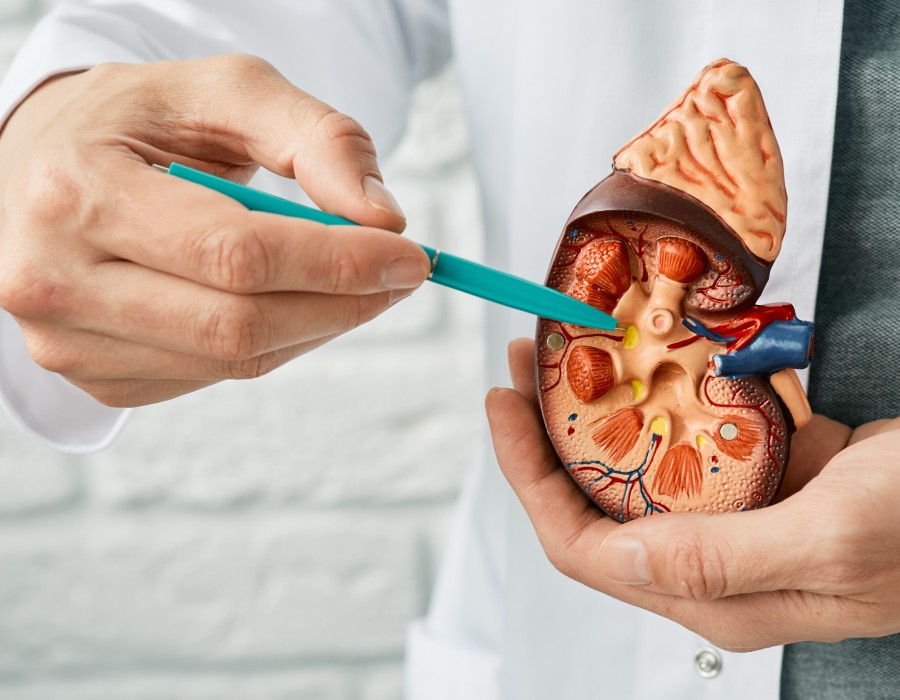Renal cancer, also known as kidney cancer, occurs when cells in the kidney grow uncontrollably, forming a tumor. The kidneys, located in the back of the abdomen, are vital organs responsible for filtering waste and excess fluids from the blood, producing urine, and regulating electrolyte balance. Renal cancer can affect one or both kidneys and may spread to other parts of the body if left untreated.
Symptoms of Renal Cancer
- Blood in the urine (hematuria)
- Persistent back pain, just below the ribs
- Unexplained weight loss
- Fatigue
- Loss of appetite
- Swelling in the legs or ankles
It’s essential to note that these symptoms can vary from person to person, and some individuals with renal cancer may not experience any symptoms until the disease has advanced.
The Role of a Kidney Doctor
A kidney doctor, or nephrologist, is a medical specialist trained in the diagnosis and treatment of kidney disorders, including renal cancer. While nephrologists primarily focus on managing conditions like chronic kidney disease and hypertension, they also play a vital role in the comprehensive care of patients with renal cancer.
Here’s how a kidney doctor can help:
1. Diagnosis: A nephrologist can evaluate your symptoms, order diagnostic tests such as blood tests, urine tests, imaging studies (like CT scans or MRIs), and biopsies to confirm the presence of renal cancer and determine its stage.
2. Treatment Planning: Once diagnosed, a kidney doctor collaborates with other specialists, such as oncologists and surgeons, to develop a personalized treatment plan tailored to your specific needs. Treatment options for renal cancer may include surgery, chemotherapy, radiation therapy, targeted therapy, immunotherapy, or a combination of these approaches.
3. Monitoring and Follow-Up: After treatment, a nephrologist monitors your progress, manages any side effects or complications, and conducts regular follow-up appointments to ensure the cancer remains under control and to address any new concerns that may arise.
4. Supportive Care: Throughout your cancer journey, a kidney doctor provides ongoing support, guidance, and education to help you navigate the physical and emotional challenges associated with renal cancer and its treatment.
Conclusion
Renal cancer is a serious condition that requires prompt medical attention and comprehensive care. If you’re experiencing symptoms suggestive of kidney cancer, don’t hesitate to consult a kidney doctor for evaluation and treatment. Early detection and intervention can significantly improve outcomes and quality of life for individuals with renal cancer. Remember, your health is your most valuable asset — take proactive steps to protect it.






Comments